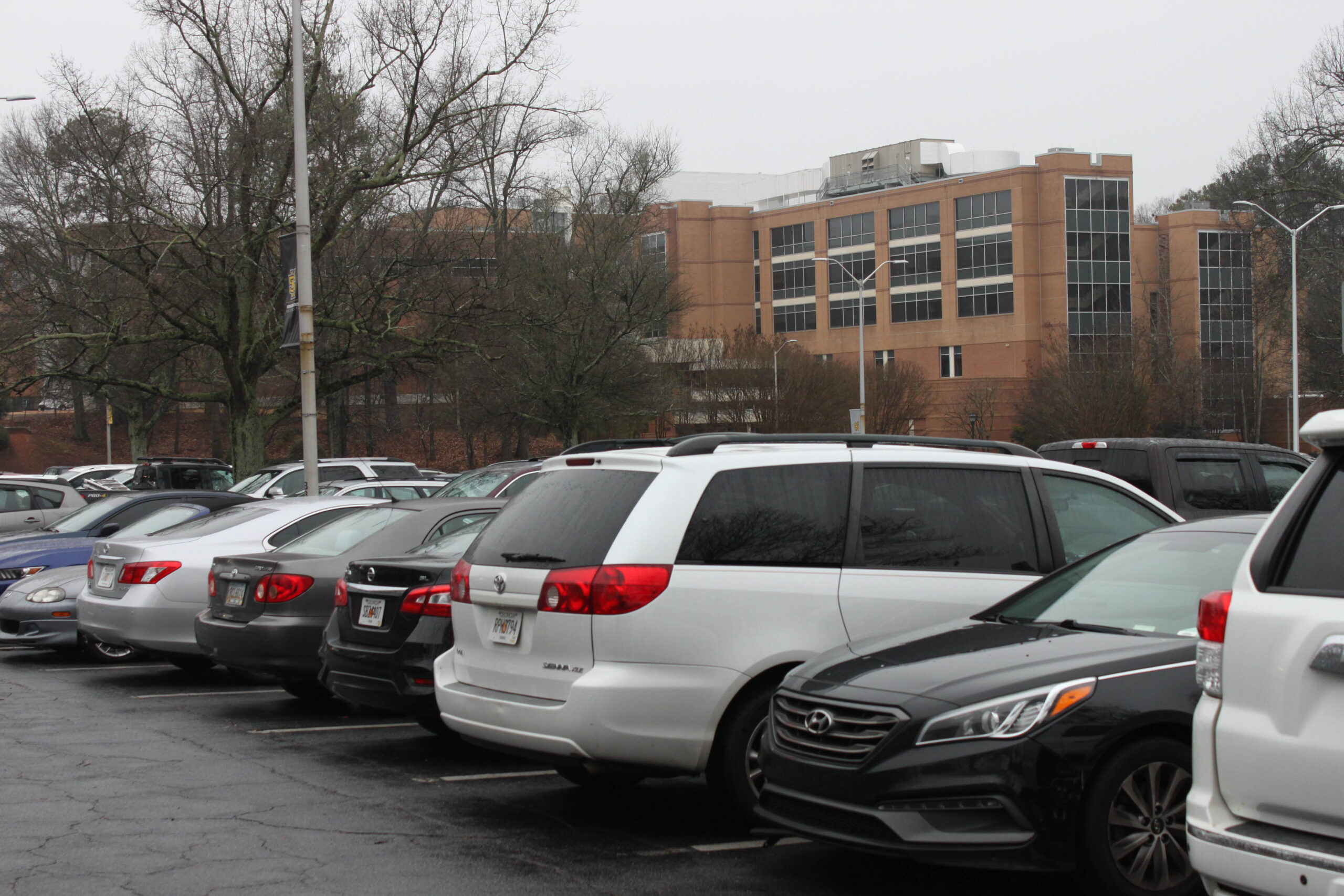Red meat is more than just beef — this category of food also includes pork, veal and venison. Due to the cost, health effects and environmental impact, it is in most students’ best interest to limit their consumption of red meat.
When consuming food, it is important to consider its impact on ones’ health. According to Harvard Health, there is a strong correlation between mortality and consumption of red meat. The study found that every additional daily serving of red meat — three ounces — increases the risk of death by 13 percent. In the study, participants who ate red meat most frequently died of cardiovascular disease and cancer.
According to the Cancer Council, red meat is considered a Group 1 carcinogen, making consumers 1.18 times more likely to develop cancer if they consume just 50 grams of processed red meat a day.
“I don’t eat red meat because heart disease runs in my family,” freshman nursing major Hannah George said. “The high cholesterol in red meat can clog your arteries.”
Many Kennesaw State students are responsible for paying for their own tuition, rent and groceries. Consuming a red meat alternative may benefit students’ budget and long term health.
Purchasing poultry, or even protein-rich meat alternatives, are cheaper than red meat for students who are living on a budget. For example, at the Shiloh Square Kroger, ground beef is sold for about $6.99 per pound, while chicken breasts are sold for $4.99 per pound.
Alternatively, a package of four black bean burgers at Kroger is $3.99 — the same number of burgers that can be made from a pound of beef for half the price. Other red meat alternatives to consider are fish, eggs, legumes or nuts.
Consistent, healthier alternatives such as these create small financial differences that quickly add up for students who otherwise regularly consume meat.
The environmental impact of animal farming is yet another reason students should abstain from, or at least limit, consuming red meat.
The environmental impact of farming cattle has received a lot of attention. Most noteworthy are the fires in the Amazon that received a lot of coverage in August and September of this year. These fires — which still are not out as of Nov. 3 — were set by ranchers and loggers to clear land for cattle, as explained in a CNN article.
These fires were a direct result of land clearing for the sake of beef farming.
Though one person’s eating habits may not create a large difference on a global level, the peace of mind that comes with ethical consumption is one of many benefits that come with reducing ones’ consumption of red meat. By opting for poultry or meat alternatives instead of beef or pork, students are able to preserve their wallets, their health and their conscience.



